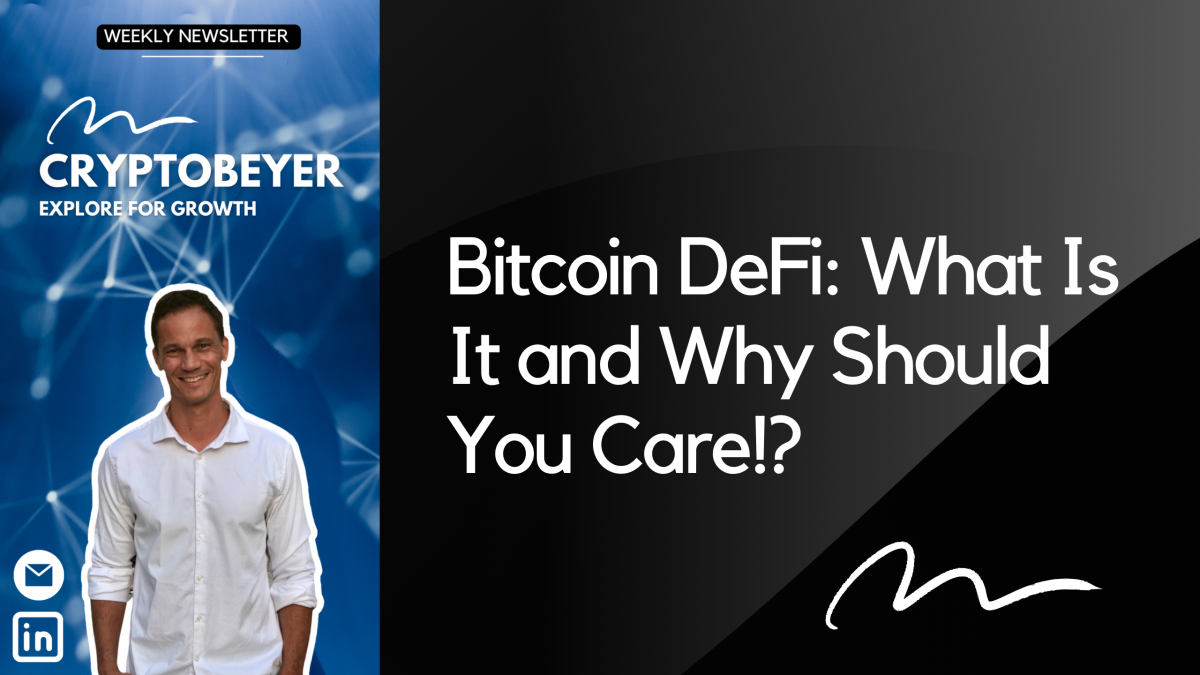The banks call it impact funds. The web3 community calls it Regenerative Finance, or ReFi. Today, ReFi is mostly about creating a green world while still making money, but the potential for solving multiple issues in society is huge. Investors’ heartfelt care for the world is clearly growing, and they are jumping on the ReFi trend. Yes, it’s badly needed.
It’s scary to realize memecoins continue to demonstrate high liquidity compared to established and useful cryptocurrencies. At a secret memecoin meeting, the laughs about quick money were heartbreaking.
When I met with other members of the ReFi Talent program, I heard proud voices of people wanting to end global warming and make money doing it. This is promising for capitalism and the web3 space.
Here’s my definition: ReFi uses innovative financial strategies to invest in projects that prioritize people and the planet, aiming for sustainable growth rather than just quick profits.
What’s it about? Regenerative Finance gathers money from different organizations and people to invest in projects that can generate financial returns and make a positive impact on society. Yes, it uses blockchain technology in the process. But it’s much more than begging for cash and giving it away.
Why are investors increasingly attracted to this model?
- ReFi focuses on achieving a double bottom line, which means generating both financial returns and social or environmental benefits.
- ReFi funds, such as Green Bonds and Social Impact Bonds, often invest in a diversified portfolio of projects, spreading risk across various sectors such as renewable energy, sustainable agriculture, and healthcare. This diversification reduces risk and increases the potential for stable returns.
- ReFi prioritizes long-term value creation over short-term gains. By investing in sustainable projects, ReFi creates enduring value that attracts investors seeking stable and reliable returns over time. This is in stark contrast to the 643,227 new tokens that launched on the Solana Network since April 1, 2024. Solana, the shitcoin engine...
Good news, peeps. Investors are becoming smarter and more mindful.
Environmental, Social, and Governance (ESG) investing has become a significant trend in the financial world. ReFi aligns with ESG principles, attracting investors who are committed to sustainability. ReFi taps into this trend. Projections indicate that global ESG-focused institutional investments are expected to reach $33.9 trillion by 2026. Europe is set to remain the largest market, and the Asia-Pacific region is hot as well.
It’s also about branding and ego. Consumers are more likely to support brands that demonstrate a commitment to social and environmental causes. I would hope companies that consume lots of energy or have substantial environmental impacts would consider ReFi to enhance their brand reputation. That’s a win-win situation.
Here’s the tech stuff! ReFi utilizes blockchain technology to create digital tokens that represent a stake in projects. It’s called tokenization, which provides liquidity and enables fractional ownership, allowing investors to trade their stakes on decentralized platforms (DeFi). DeFi platforms provide access to capital markets without intermediaries. This reduces transaction costs and increases accessibility for investors worldwide.
Smart contracts automate and enforce financial agreements, reducing costs and increasing efficiency. This makes ReFi projects more attractive to investors by ensuring transparency and accountability.
Why it’s awesome for society! ReFi is great for creating investment opportunities for multiple social issues. Capital is used to build and equip community health clinics in underserved areas, improving access to essential medical services for populations that lack adequate healthcare.
ReFi funds subsidize health insurance initiatives, making coverage more affordable for low-income families and reducing financial barriers to care.
Investments in telehealth platforms expand access to healthcare services for remote or underserved populations, improving health outcomes and efficiency.
It’s also great for creating fair working conditions. ReFi can focus on fair trade cooperatives and ethical businesses that prioritize fair wages and worker welfare, empowering communities and promoting economic equality. Yes, microfinance is an obvious focus for ReFi.
ReFi can be used to build educational programs in the area of public health. Diseases can be prevented, and healthy lifestyles can be promoted with the use of ReFi technology. Feel free to connect if this interests you.
In an economic landscape largely shaped by traditional capitalism, ReFi challenges the status quo by emphasizing social and environmental impact over short-term profits. Traditional capitalism often prioritizes maximizing returns, which can lead to environmental harm and social inequality. ReFi seeks to address these issues by aligning financial success with the well-being of society and the planet, offering a more balanced approach to economic growth.
However, ReFi may be a hard sell for investors looking for a quick buck. Its focus on long-term impact and sustainability means that returns may take longer to materialize. This emphasis on patience and ethical considerations can deter those accustomed to memecoins and driven by greed.
As a result, ReFi needs to attract investors who share its values and are willing to prioritize impact over immediate returns.
ReFi is providing a warm heart to the tech-focused fourth industrial revolution. Let’s listen to its loving whispers.





